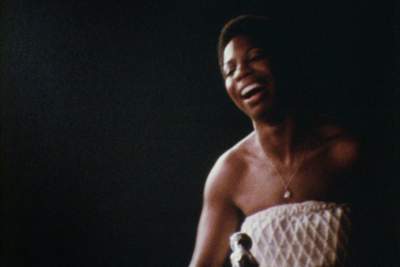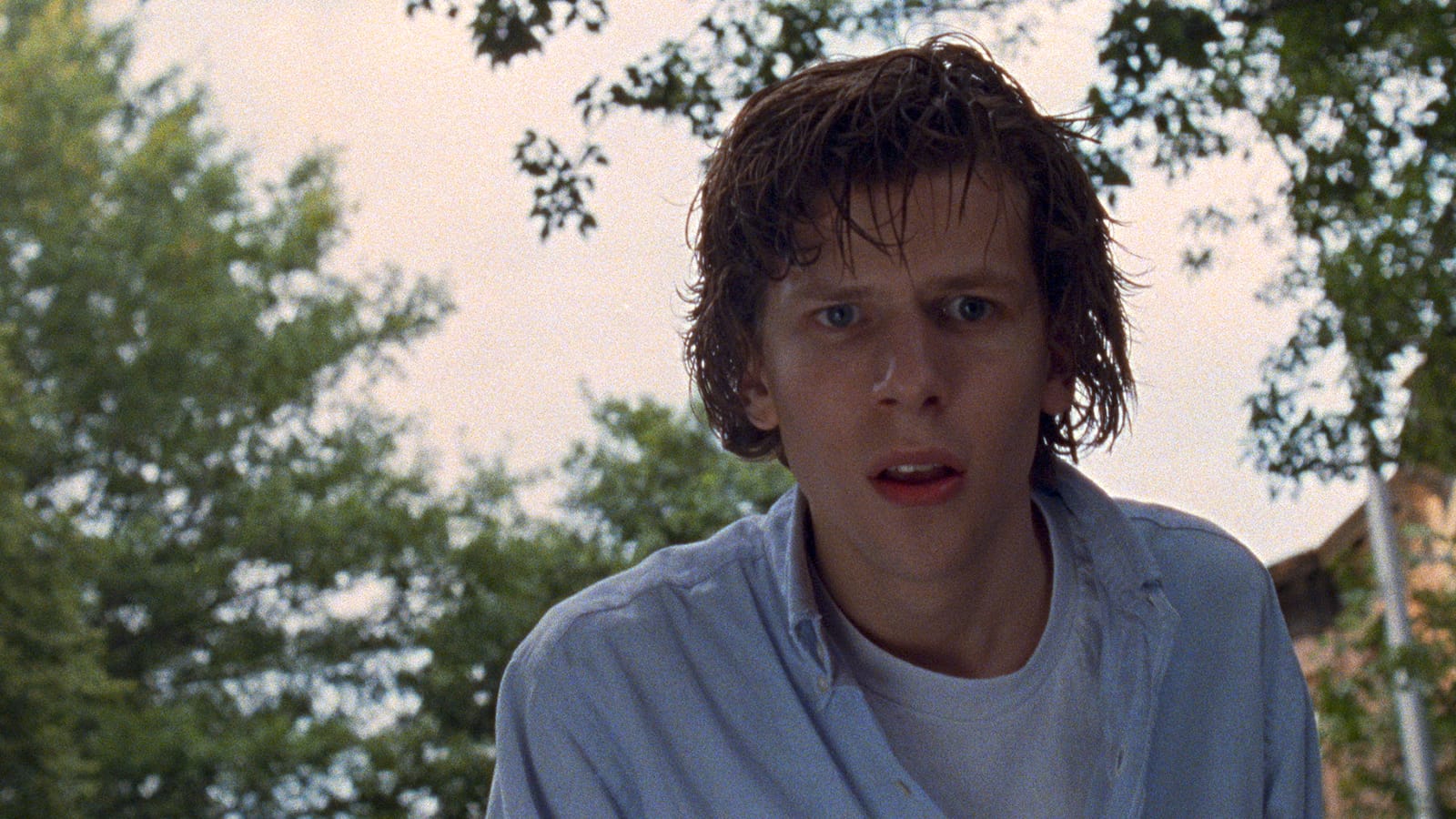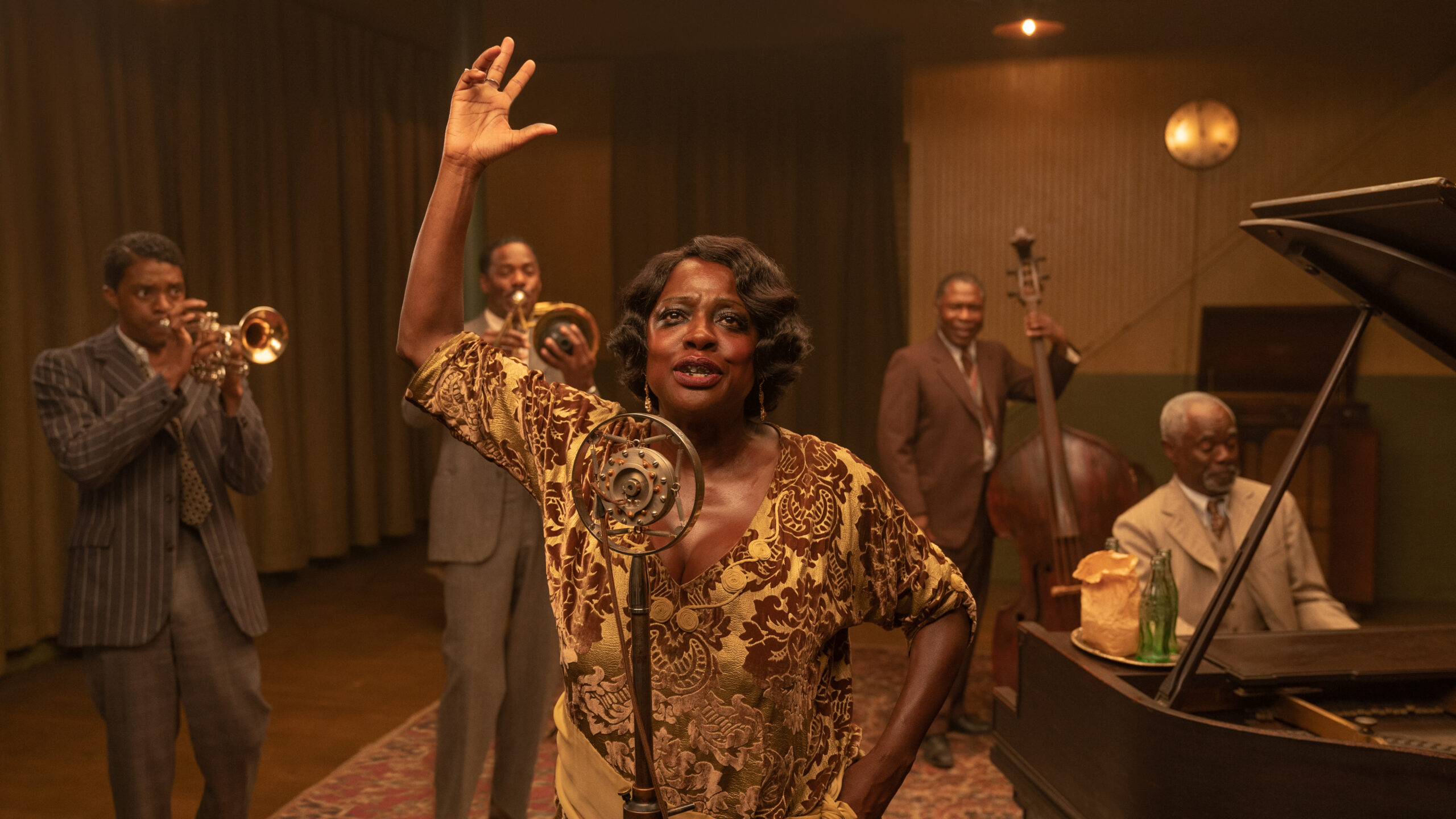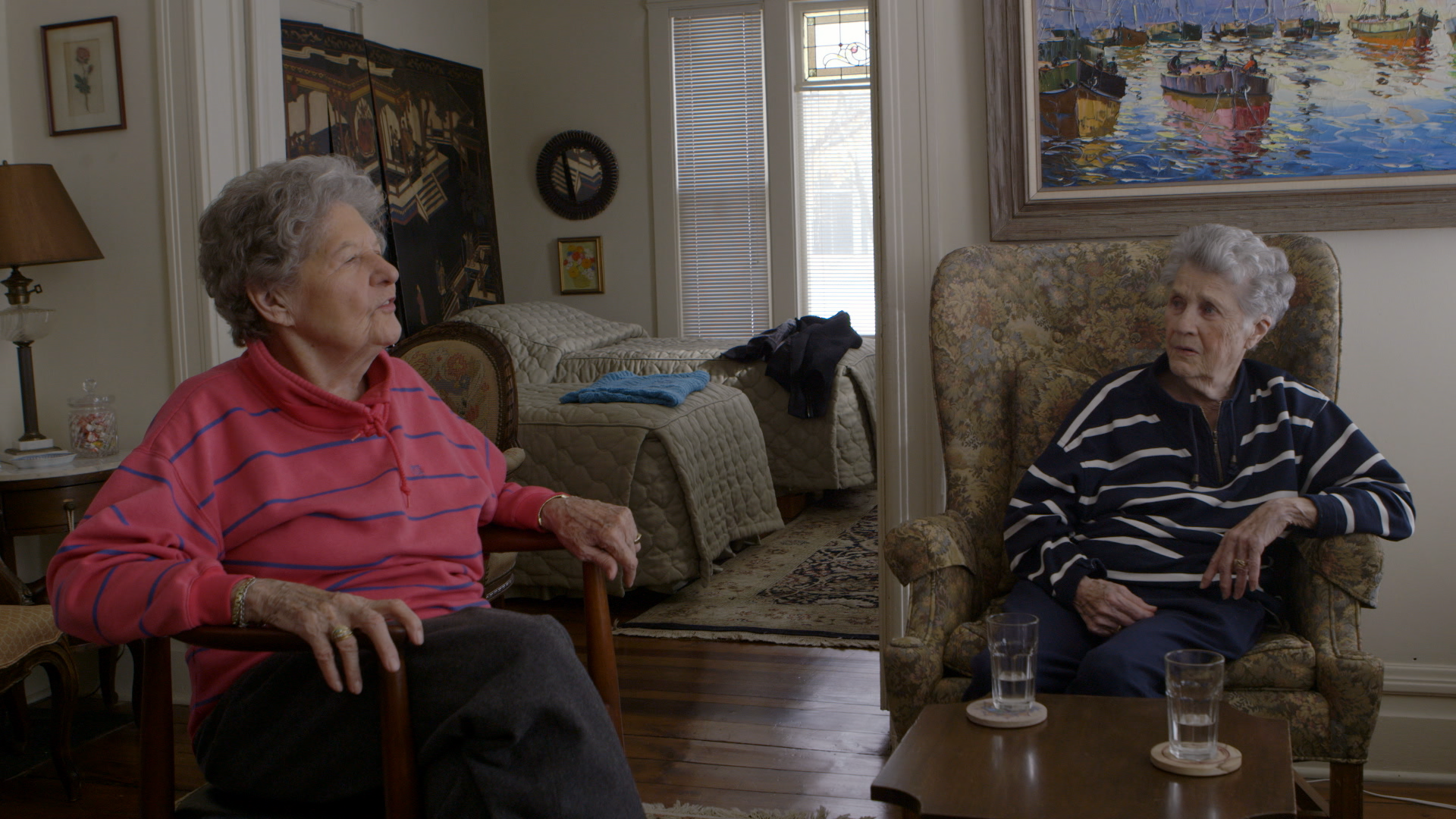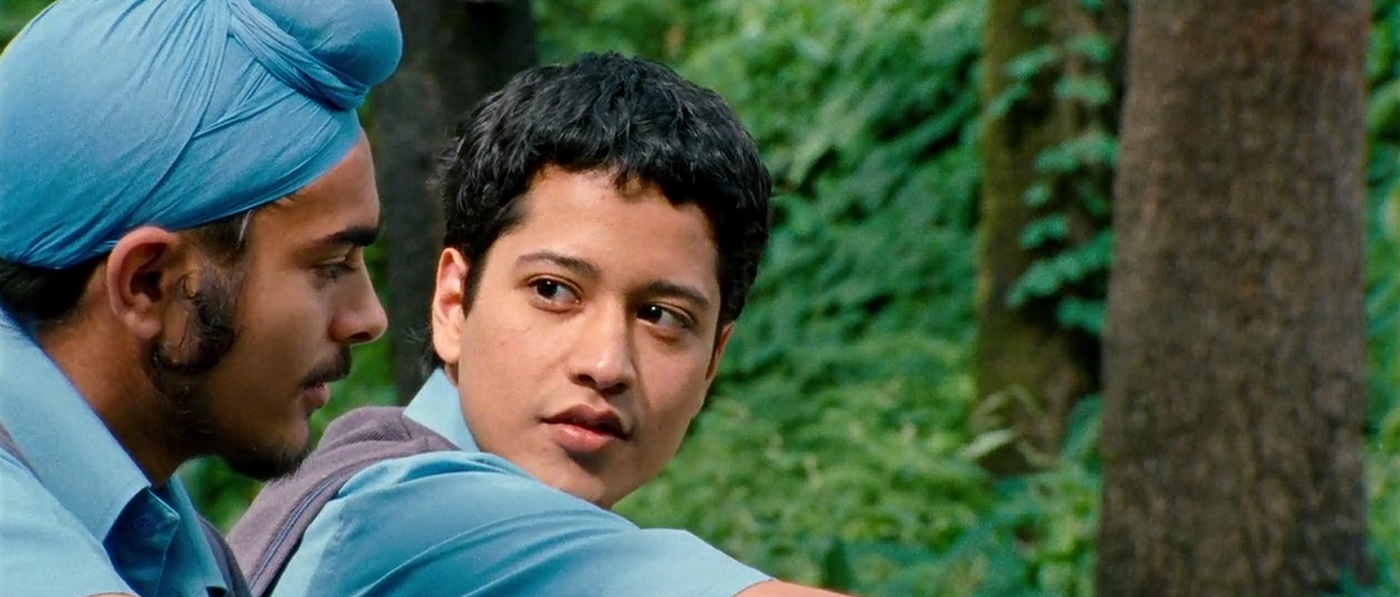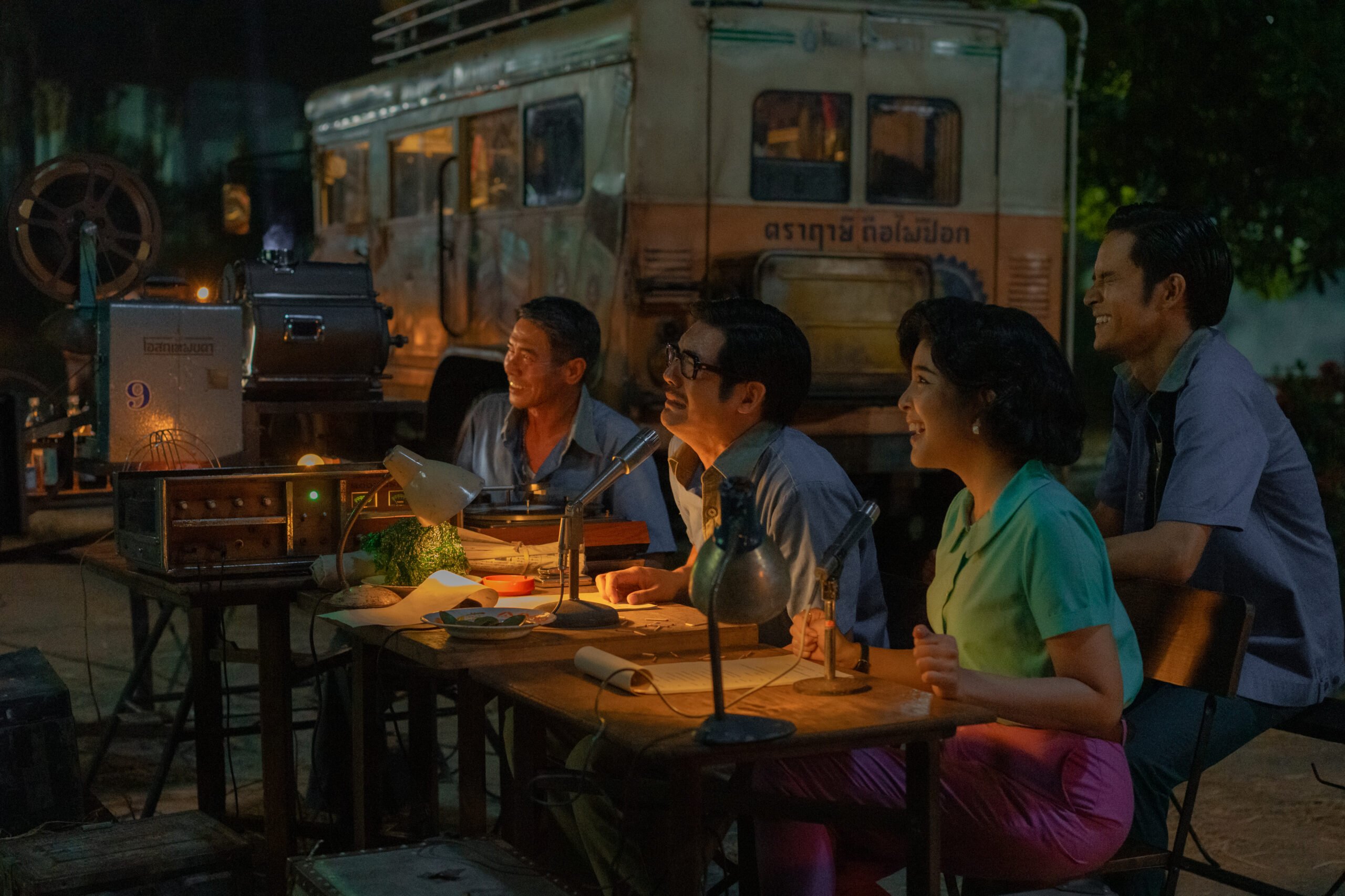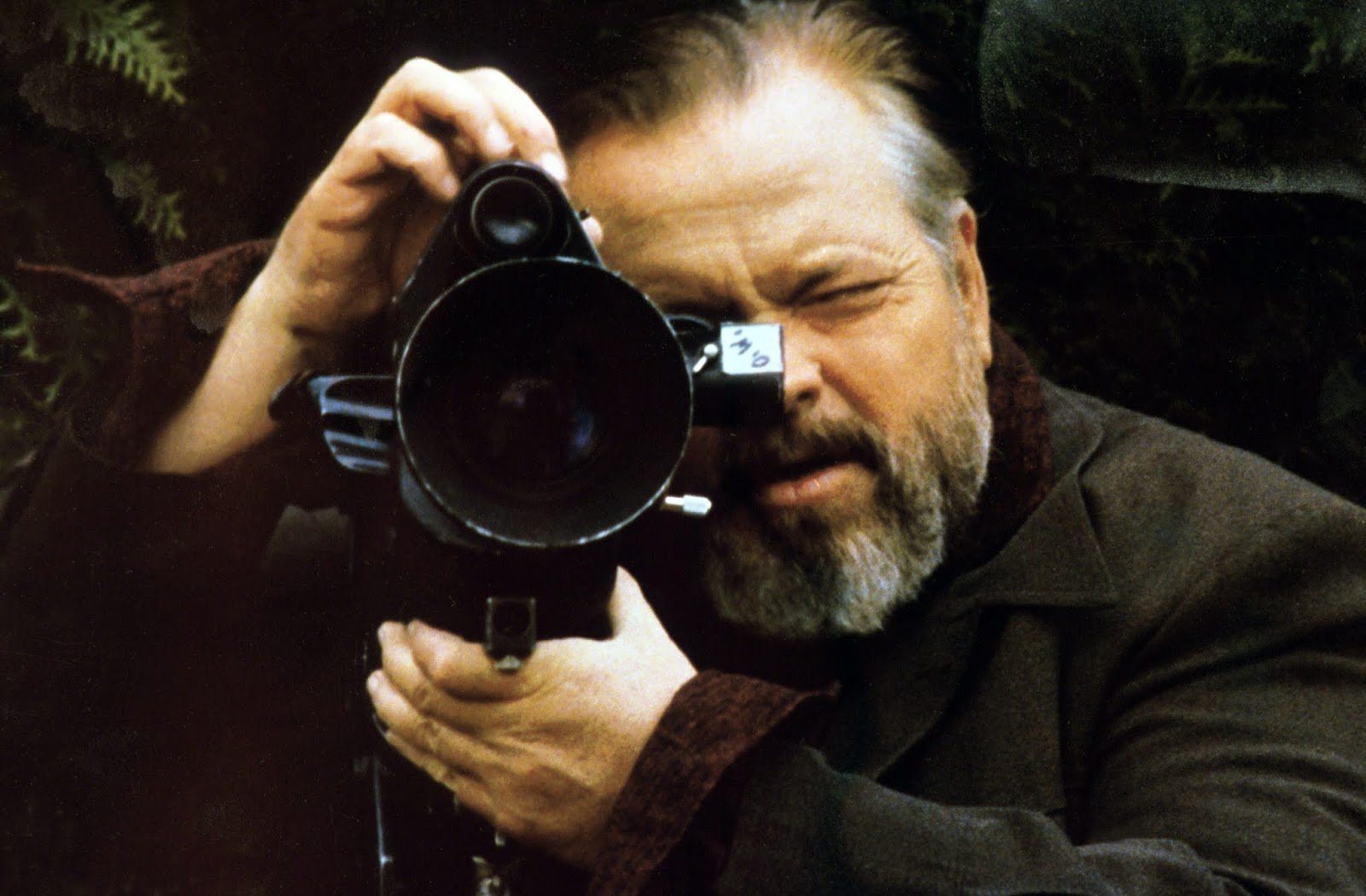
20 Most Emotional Movies to Watch on Netflix
April 22, 2025
Share:
Sometimes you just need to feel something, you know? Since the spread of cinema as an art form over 100 years ago, the medium has been used as a way of sharing and expressing emotion to a wide audience. In fact, many movies—especially on popular international platforms like Netflix—capitalize on this by mainly trying to get an emotional response out of you, sometimes bordering on manipulation or exploitation. So for this list, we’ve selected emotional movies on Netflix that may be sad, happy, or infuriating but, more importantly, are guaranteed to leave you feeling fulfilled either way.
Read also:
11. Godzilla Minus One (2023)
Genres
Director
Actors
Moods
The film starts with an atmosphere of almost peaceful defeat. We see a rather stealthy Godzilla, but it doesn’t last long until we’re back to regular programming with the metal-chewing monster. Time spent without Godzilla is spent on people trying to be heroes, armed with admirable optimism. The many scenes of wreckage turn this into a very human story about shared trauma. Godzilla vs other kaiju is usually an easy sell, but Godzilla vs people is a hard story to root for, just because of how unbalanced it gets. But the film finds a way to make it work—the final battle is epic, packed with a lot of heart and preparation.
12. What Happened, Miss Simone? (2015)
Genres
Director
Actors
Moods
“As fragile as she was strong, as vulnerable as she was dynamic, she was African royalty. How does royalty stomp around in the mud and still walk with grace?”. What Happened, Miss Simone? will surprise you no matter how much you thought you knew about the soul singer – not only in its exploration of Nina Simone’s personal life and complexities, but by being both a personal and political documentary. As you discover an original singer with talents that reach all the way to performance art, you will also learn about a Civil Rights activist’s journey and an unstable woman’s struggle. The documentary is not about answering the question of what happened, Miss Simone? – it’s an exploration of why that question is so important.
13. The Squid and the Whale (2005)
Genres
Director
Actors
Moods
Director Noah Baumbach’s autobiographical film is a strikingly realistic take on divorce and the turmoil it sets on an already-dysfunctional family. Bernard (Jeff Daniels) is a selfish decadent writer who’s splitting with his unfaithful wife Joan (Laura Linney). Their two sons, Walt (Jesse Eisenberg) and Frank (Owen Kline), are taking different sides that reflect their personality. This separation only reinforces their insecurities as they quickly fall into depression and grow away from their friends. The parents, however, find unconventional lovers just as quickly, Bernard with a student of his, and Jane with her son’s tennis coach. The Squid and the Whale is a funny, emotional, and gripping story that finds a perfect balance in tone despite dealing with bitter divorce and troubled adolescence.
14. Ma Rainey’s Black Bottom (2020)
Genres
Director
Actors
Moods
This adaptation of a tragedy by Pulitzer Prize-winning playwright August Wilson might retain the mostly minimal setting of its source material — two rooms in a Chicago recording studio — but the searing performances at its heart more than warrant the translation to the big screen. A ferocious Viola Davis plays the titular ‘Mother of the Blues’, a fiery artist whose diva-ness is powerfully revealed to be a matching of the same transactional energy with which she’s treated by her white managers.
On a steamy day in the roaring 1920s, one of Ma’s recording sessions morphs into a tinderbox of debate on art, race, and these exploitative power dynamics that exist at their intersection. As her band awaits her characteristically late arrival, its members tease, and then bicker, and finally erupt at one another. The youngest musician, Levee (Chadwick Boseman), is the most hot-headed — in his older band-mates’ eyes, he’s an arrogant young upstart with delusions of grandeur, but Levee’s ambitions are powered by real pain, as revealed in a blistering monologue. The film is unabashedly stagy in many respects, a quality that can work both ways — but, ultimately, the crackling current that runs through Davis and Boseman’s acting gives the movie all the blazing, goosebump-inducing immediacy of a live performance.
15. A Secret Love (2020)
Genres
Director
Actors
Moods
Even when it necessarily tackles the difficulties that are part and parcel of same-sex love in the 20th century, there’s something pleasant about the way A Secret Love is told. The documentary puts Terry and Pat’s love above all else, so even though we hear about how they had to tear the bottom pages of their letters to avoid getting caught, or how they had to split from close family members after coming out, things never feel too heavy or dire because at the end of the day, they’re still together, their decades-old companionship a beautiful example of how love wins. And aside from giving us an intimate look at this rare win for elderly closeted couples, A Secret Love serves as an insightful portrait of elderly life. Terry and Pat, with their perseverance and unyielding support, make aging look beautiful rather than scary.
16. They’ll Love Me When I’m Dead (2018)
Genres
Director
Actors
Moods
It’s bold to make a film about a legendary icon of cinema, but it’s even bolder to make one about Orson Welles. Best known for making Citizen Kane (universally agreed upon as one of the best movies ever made), Orson Welles is the renegade filmmaker whose works and techniques form the foundation of modern narrative filmmaking today. In his eyes, he asserts that the best films are made by accident. However, armed with archival footage and interviews with those closest to Welles, director Morgan Neville dares to question one of cinema’s biggest geniuses by examining the production of his last unfinished film, the Hollywood satire The Other Side of the Wind. While Welles was undeniably genius – able to inscrutably visualize a film without scripts – it’s easy to see how his tendency to stoke conflict for art could be so self-destructive. This film presents Welles as he is – both a cinema maverick and also an overly demanding artistic tyrant.
17. Doi Boy (2023)
Genres
Director
Actors
Moods
After years of documentaries covering Thailand’s controversial issues, some of which have been temporarily banned by the Ministry of Culture, Nontawat Numbenchapol takes a step into feature film in Doi Boy. The plot covers plenty of the topics he’s previously depicted– immigration, prostitution, and corruption– but it unfolds naturally into a slow-paced, but moving drama where an undocumented sex worker tries to find home. Awat Ratanapintha as Sorn excellently leads this journey, but Arak Amornsupasiri as reluctant cop Ji, and Bhumibhat Thavornsiri as passionate activist Wuth also make their mark. While the film doesn’t delve into the intricate intersectionality, it feels like that’s part of the point. The notion of a nation doesn’t care about people’s dreams, even if that dream is for the nation to be better.
18. Udaan (2010)
Genres
Director
Actors
Moods
Good parents, of course, try to push their children to better outcomes, but abusive parents, under the guise of this idea, turn this into restrictive control, where failure is irredeemable, expectations become orders, and the said child is blamed for everything that goes wrong. Udaan depicts this fraught father-son relationship realistically. It’s a tough watch because of how realistic the abuse was portrayed, but the film soars with the way it doesn’t paint Rohan only as a victim, but rather as a boy able to find his way through empathy and kindness despite the terrible way his father treats him. There’s a sense of genuine hope Udaan has that many other films forget, and it’s an important perspective we should try to remember.
19. Once Upon a Star (2023)
Genres
Director
Actors
Moods
When reminiscing about the film industry, most period films focus on the big names – the stars, the directors, and the producers that back them – as they’re more likely to have plenty of source material. Once Upon a Star is interested in the little people, the small town distributors that bring the movie magic to the locals. Centered on a cinema projection troupe, the film celebrates the old way of distribution, who, unlike today’s streaming, travel from place to place to set up outdoor cinemas with live dubbing. And through each projection of classic Thai masterpieces, the connection they have with each other, between both the troupe and the audience, recalls the intimate nostalgia of watching a movie together. It’s a unique take from director Nonzee Nimibutr, one that’s a stunning love letter to the film industry he hails from.
20. Mike Birbiglia: The Old Man and the Pool (2023)
Genres
Director
Actors
Moods
Many comedians use humor as a way to ease into more serious subject matter, though there always exists a risk that a comedy special can skew too far down the silly or the self-reflective route. Mike Birbiglia has come about as close to the perfect balance as possible, in this recording of his one-man Broadway show at the Vivian Beaumont Theater. Key to this is the fact that Birbiglia tells one very cohesive story throughout these 77 minutes, frequently branching off to other humorous anecdotes but always returning with a pensive self-consciousness to the real possibility of him dying sooner than he’d want.
This filmed version of Birbiglia’s show doesn’t give a full idea of its multimedia qualities (Birbiglia occasionally has words and images projected onto the curved screen behind him, which he also physically interacts with), but the comedian’s sincere style of storytelling more than makes up for the lack of audiovisual tricks we’re permitted to see. And don’t get it confused: this is a very funny stand-up special, whose jokes always come from the most unexpected places—it also just happens to contain some truly moving moments that come out of nowhere, but make total sense alongside all the laughter.
Read also:
Comments
Add a comment
Ready to cut the cord?
Here are the 12 cheapest Live TV streaming services for cord-cutting.
More lists
Lists on how to save money by cutting the cord.
Curated by humans, not algorithms.
© 2025 A Good Movie to Watch. Altona Studio, LLC, all rights reserved.

